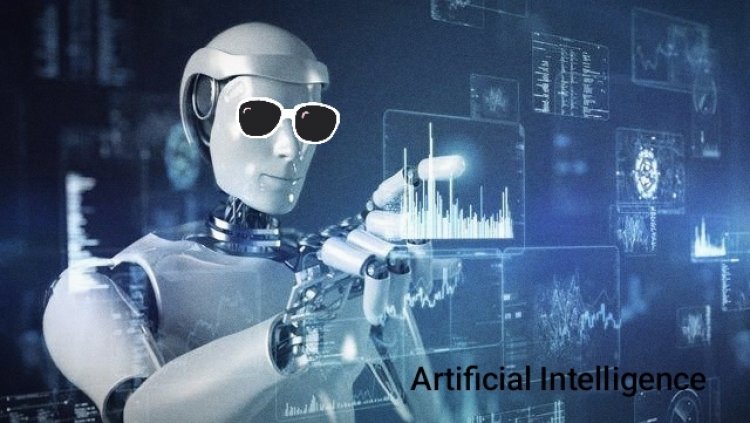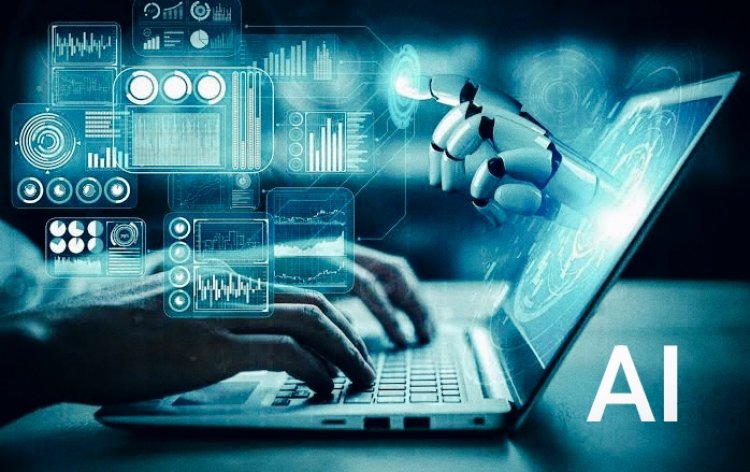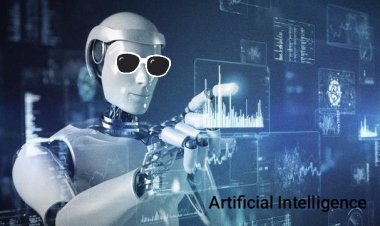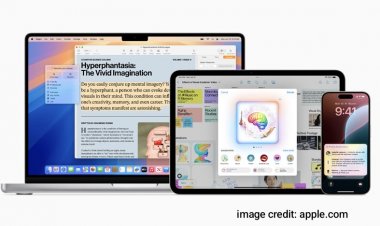The Future is Now: A Speech on the Impact of AI
In this insightful speech, we explore the profound impact of Artificial Intelligence (AI) on various aspects of our lives. The speaker delves into how AI is transforming industries, enhancing daily conveniences, and presenting both opportunities and challenges. Key highlights include the role of AI in automation, healthcare, and finance, along with the ethical considerations and future potential of this rapidly evolving technology. Discover how AI is shaping our present and what lies ahead in this new era of innovation.
Title: The Impact and Future of Artificial Intelligence
Ladies and Gentlemen,
I want to talk to you today about artificial intelligence, or AI, which is one of the most revolutionary technologies of our day. AI has developed over the last few decades from a science fiction idea to a reality that is significantly changing our world.
The goal of computer science's artificial intelligence (AI) field is to build machines with sentient minds. Artificial intelligence (AI) has evolved from its early days of simple algorithms and rule-based systems to sophisticated neural networks and machine learning models that are able to evaluate enormous volumes of data, spot patterns, and make judgments.
Automation is one of the areas where AI is most evident. Artificial intelligence (AI) is automating routine and repetitive jobs, freeing up human workers to concentrate on more strategic and creative work. This shift is visible in a number of industries. Robots powered by AI are improving production efficiency and accuracy. AI is transforming personalized treatment and diagnostics in the healthcare industry. AI algorithms are improving risk management and fraud detection in the financial sector.
Our everyday lives are being improved by AI in ways that we frequently take for granted. Artificial Intelligence powers enhanced language translation tools, personalized streaming service suggestions, and virtual assistants like Siri and Alexa. In addition to being practical, these technologies are lowering obstacles and fostering global connections.
But immense power also entails great responsibility. The development of AI poses serious moral and societal issues. As some jobs are replaced by automation, there are worries about job displacement. Concerns about security, privacy, and the possibility of bias in AI systems are also present. As artificial intelligence (AI) advances, it is imperative that we also put strong frameworks in place to deal with these issues and guarantee that AI is created and applied responsibly.
Looking ahead, artificial intelligence has a very bright future. Advancements in fields such as autonomous systems, computer vision, and natural language processing are about to happen. AI has the ability to address some of the most important issues facing humanity, such as disease epidemics and climate change.
We need to make investments in education and training to get the workforce ready for the coming changes if we want to fully utilize AI. In order to develop laws that support innovation while upholding moral principles, we must also encourage cooperation between the public and private sectors and academic institutions.
In summary, AI is a change-catalyst rather than only a technical development. Let's seize the potential this new frontier offers and be mindful of the risks as we navigate it. We can all work together to create a future where AI helps all people.
Thank you..


















